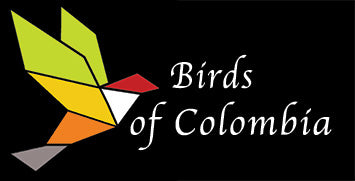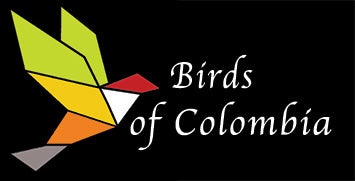Colibrí Sietecolores
Velvet-purple Coronet
Boissonneaua jardini
Song
Velvet-purple Coronet
Appearance: The Velvet-purple Coronet is renowned for its iridescent plumage. It features a brilliant combination of deep purple, blue, and green hues. The upperparts are rich purple while the underparts can display a mix of shimmering blue and green. It is medium-sized with a length of 10-11 cm. It has a slightly curved bill and a white patch on its legs.
Habitat: The Velvet-purple Coronet inhabits subtropical or tropical moist montane forests. It is found at elevations from 700 to 2,300 m. more numerous above 1,400 m. This species is found in the Chocó biogeographic region, which spans parts of western Colombia.
Behavior: The Velvet-purple Coronet feeds on nectar from a variety of flowering plants. It plays a crucial role in pollination. It also consumes small insects and spiders for protein. It is known for its agile and rapid flight, which is characteristic of hummingbirds.
Breeding: The breeding habits of the Velvet-purple Coronet are not extensively documented, but like many hummingbirds, it builds small cup-shaped nests using plant fibers and spider silk. It lays two eggs per clutch, and the female is responsible for incubating the eggs and caring for the young.
Conservation Status: The Velvet-purple Coronet is classified as Least Concern by the International Union for Conservation of Nature (IUCN).
Distribution
The Velvet-purple Coronet is found on the western slopes of the Andes in the departments of Chocó, Valle del Cauca, Cauca, and Nariño.
Taxonomy
The Velvet-purple Coronet (Boissonneaua jardini)
- Kingdom: Animalia
- Phylum: Chordata
- Class: Aves (Birds)
- Order: Caprimulgiformes
- Family: Trochilidae
- Genus: Boissonneaua
- Species: Boissonneaua jardini
Vocalization
The calls of the Velvet-purple Coronet consist of a series of high-pitched, rapid, and repetitive notes. These calls are often used for communication between individuals, especially during feeding or territorial displays.





